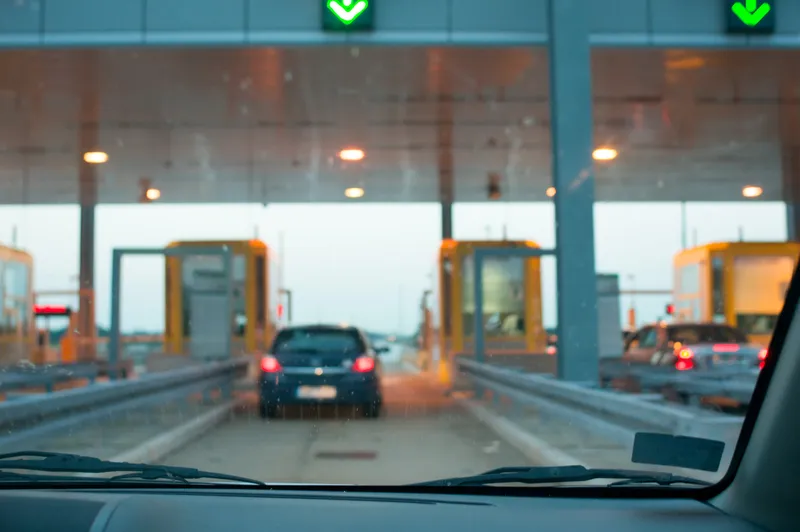Kapsch believes that any protocol used in the industry, such as the 6C standard should remain open as they stood up for the right to practice it in the tolling and radio frequency identification Industry.
Open standard communication protocols are critical to meeting the goals of the U.S Moving Ahead for Progress in the 21 Century Act (MAP-21), enacted in 2012, which mandates national agreement on tolling technologies and business practices to facilitate electronic tolling interoreability. In support, Kapsch released and published its Open Standard Time Division Multiplexing (TDM) specification in 2013, enabling open and free access to developers working with the TDM specification. The
Chris Murray president of Kapsch TrafficCom North America, said: “This final ITC ruling underscores the Kapsch belief that the 6C Standard is and should remain an open communications protocol. “The Commission’s decision will facilitate the goal of national electronic tolling interoperability in the US by enabling access to those seeking to work with and implement various toll technology specifications.”
“Kapsch is a firm believer in open standards to facilitate national electronic tolling interoperability, and determined that ensuring a truly open ISO 18000-6C standard is critical if it is to play a role in achieving the MAP 21 goals,” added Murray.
ITC final ruling favours Kapsch TrafficCom over Neology IP claims
Kapsch TrafficCom North America has announced that the U.S. International Trade Commission (ITC) has ruled in final form in favour of them in a legal motion brought by Neuology, Inc. The ruling of the full Commission is in response to Neology’s request for reconsideration of the ITC judge’s initial decision that Kapsch does not violate any patent assertions by importing electronic tolling products using the ISO/IEC 18000-6C communications protocol (6C Standard).
October 25, 2017
Read time: 2 mins









